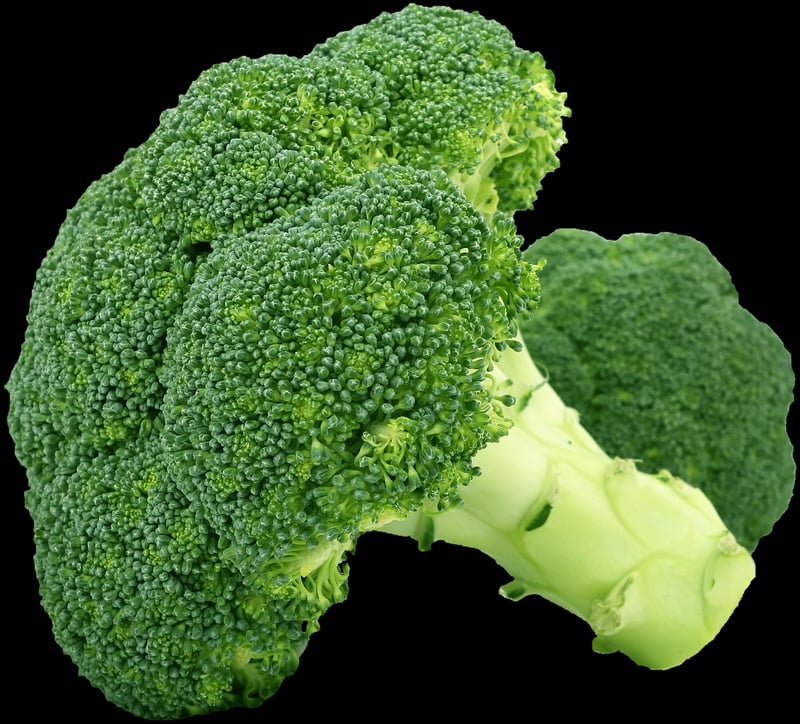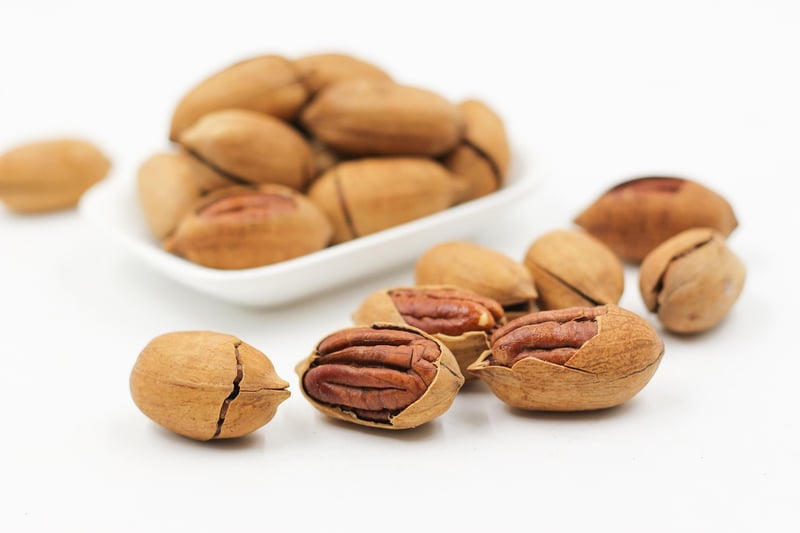Alternative Proteins
The Future of Food: Exploring Alternative Proteins
As the world's population continues to grow, the demand for sustainable food sources is becoming increasingly vital. One of the most promising solutions to this challenge is the rise of alternative proteins. These innovative food sources offer a range of benefits, from environmental sustainability to improved health outcomes. Let's delve into the world of alternative proteins and explore what the future of food might look like.
What are Alternative Proteins?
Alternative proteins encompass a diverse range of food sources that serve as alternatives to traditional animal-based proteins like beef, pork, and chicken. These alternative proteins can be derived from plants, fungi, algae, or even cellular agriculture, offering a more sustainable and ethical option for food production.
Types of Alternative Proteins
1. Plant-Based Proteins: Plant-based proteins, such as soy, lentils, and chickpeas, are a popular and readily available alternative to animal-based proteins. These plant sources are rich in nutrients and can be used to create a variety of meat substitutes like tofu, tempeh, and plant-based burgers.
2. Algal Proteins: Algae are a nutrient-dense source of protein that can be sustainably cultivated. Algal proteins are not only rich in essential amino acids but also offer a low environmental footprint compared to traditional protein sources.
3. Fungal Proteins: Fungi like mushrooms are not only delicious but also rich in protein. Mycoprotein, derived from fungi, is a popular alternative protein source that is used in products like meat substitutes and protein-rich snacks.
4. Cellular Agriculture: Cellular agriculture involves growing animal cells in a lab setting to create meat products without the need for animal slaughter. This innovative technology has the potential to revolutionize the meat industry by providing a more sustainable and ethical protein source.
The Benefits of Alternative Proteins
1. Environmental Sustainability: Alternative proteins have a lower environmental impact compared to traditional animal agriculture, helping reduce greenhouse gas emissions, land use, and water consumption.
2. Healthier Choices: Many alternative proteins are rich in nutrients, fiber, and antioxidants, offering a healthier option for consumers looking to improve their diets.
3. Ethical Considerations: Alternative proteins provide a cruelty-free option for individuals concerned about animal welfare, offering a more ethical alternative to animal-based products.
The Future of Food is Here
With the growing demand for sustainable and ethical food sources, alternative proteins are poised to play a significant role in shaping the future of food. By embracing innovation and exploring new food technologies, we can create a more sustainable and resilient food system for generations to come.

Join us in exploring the exciting world of alternative proteins and be part of the food revolution!
For more information on alternative proteins, visit FoodNavigator.
